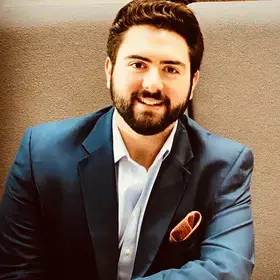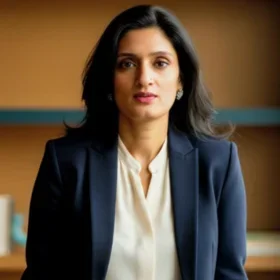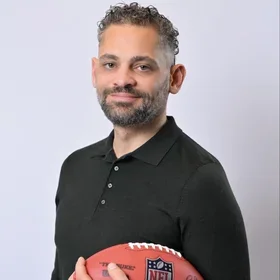At SPS Kobi...
- Explored the global impact of conflict
- Learned how to create systematic solutions
- Did a Capstone project on at-risk youth in Syria
- Studied what policy makers and NGOs were doing
- Got the skills to launch an innovation company…
Your background seems ideal for this degree. Tell us how you got here.
I was raised in Israel near the West Bank. I grew up surrounded by conflict and experienced the consequences of some personal tragic losses. That led to a journey of self-discovery. I conducted fieldwork in Palestine, Israel and Jordan, which included conflict resolution. After some time in the Israel Defense Force and serving as Director of Leadership Development, I identified gaps in my knowledge. The Negotiation and Conflict Resolution (NECR) Program offered systematic solutions to social problems. This compelled me to enroll.
What did your thesis cover?
My Capstone project focused on youth in Syria. I looked at whether or not they were being prepared for peaceful rebuilding once the conflict abates. After reviewing massive reports and doing field interviews, I found that there was a lack of peace-building programs that target Syrian youth to rebuild their future. It was clear that many would join extremist groups. When I looked at what policy makers and international NGOs were doing, I discovered a lot of gaps in their approaches. I wanted to not just explore the subject, but work to make a difference.
You collaborated on a UN resolution. How did your thesis work inform that initiative?
I worked with a network of youth leaders, professionals within the UN and allies from international agencies on a declaration on youth, peace and security. One of the outcomes of the declaration was a global policy framework to deal with youth in conflict. The network created an eight-page document that gave step-by-step guidelines for building programs that would cultivate peace-making skills among youth in conflict zones.
How did Columbia’s NECR Program help you create a career?
NECR gave me all the tools and practices essential for negotiating conflict. We learn pragmatic approaches to conflicts that arise in a whole range of areas, like healthcare, community and labor organization, law and business. The program helped me build a set of muscles—collaborative ways of aligning my vision with others. As a result of my degree, I was able to become an advisor to the UN Population Fund (UNFPA). I also started a company called Leadership for New Emergence (LNE) where we help organizations develop tools and practices needed to foster sustainable, large-scale change.


